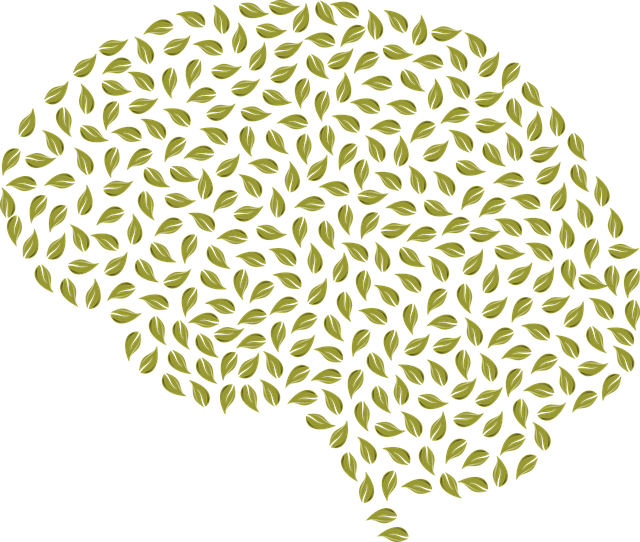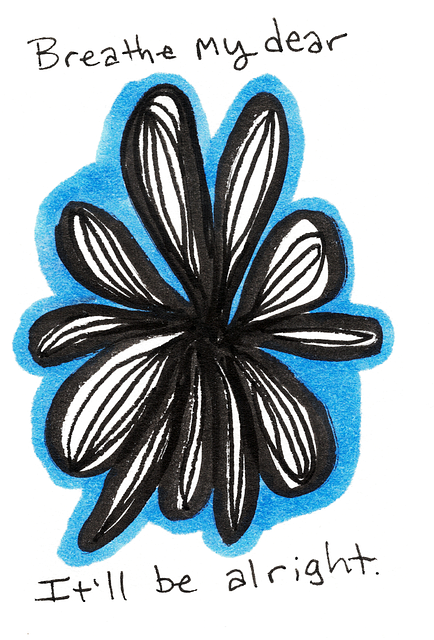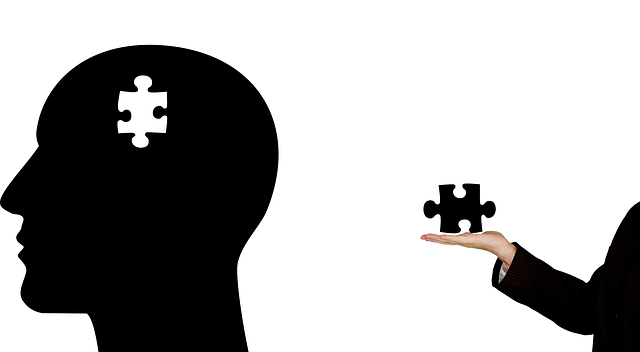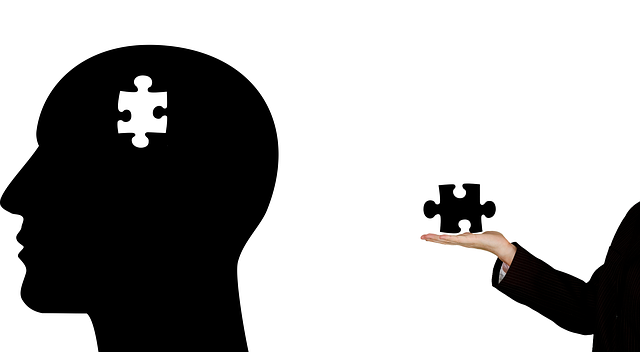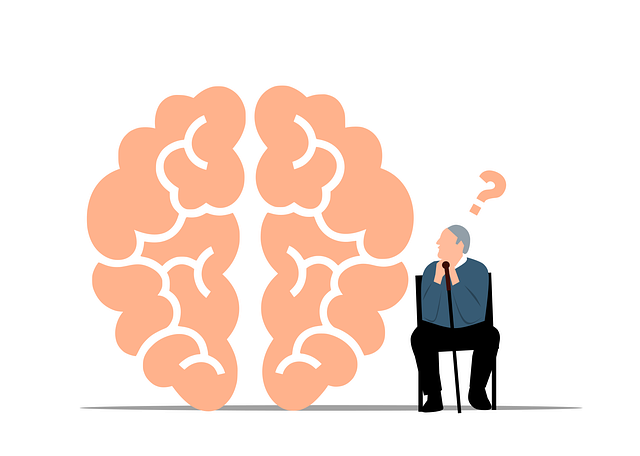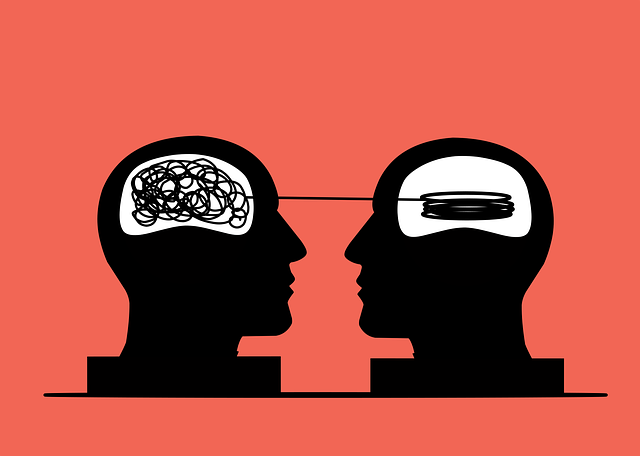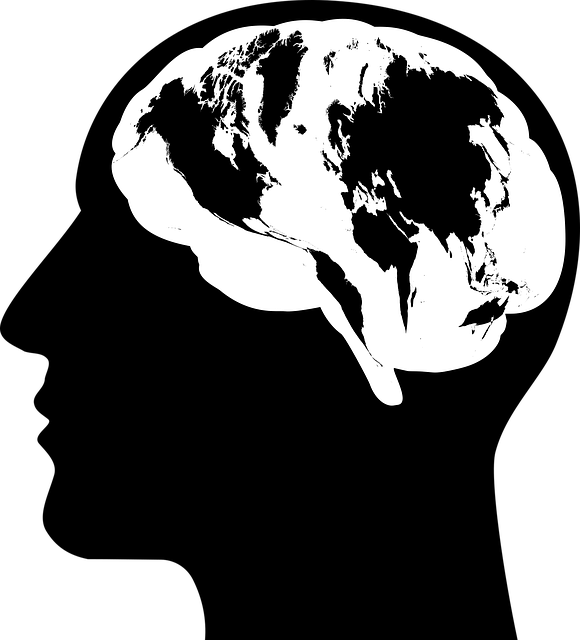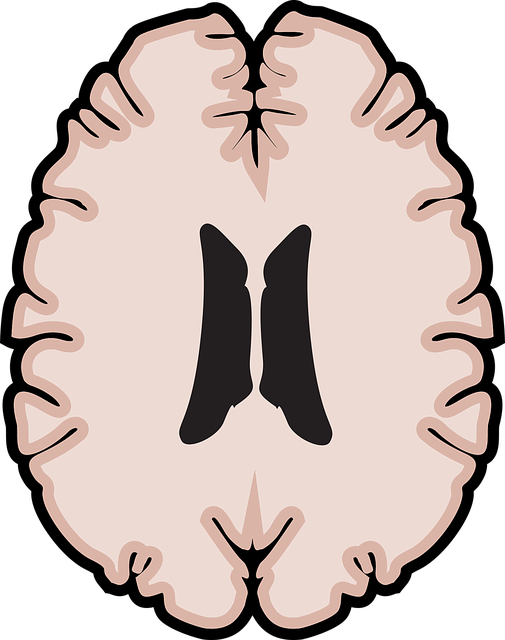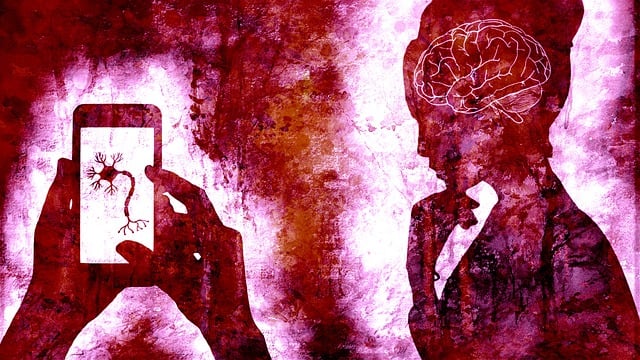In today's healthcare landscape, cultural competency is crucial for delivering quality care, particularly at Littleton Major Life Transitions Therapy. Understanding patients' cultural backgrounds significantly influences their health perspectives and behaviors, going beyond language translation. Therapists must tailor their approach to address unique cultural beliefs around wellness, illness, and healing. Comprehensive training enhances crisis intervention, empathy building, and mood management, leading to better patient outcomes and fostering an inclusive therapeutic environment. This training is vital for navigating Littleton's diverse population, empowering professionals to build trust and provide personalized care tailored to individual needs. Recognized through impactful case studies, Littleton Major Life Transitions Therapy combines evidence-based practices with cultural understanding to boost self-esteem and mental wellness. A cyclical model of assessment, implementation, and reflection ensures continuous improvement in cultural competency and patient care.
In today’s diverse healthcare landscape, cultural competency is no longer an option but a necessity. Understanding and respecting patients’ cultural backgrounds and beliefs can significantly enhance care outcomes. This article explores the critical role of training in equipping healthcare providers with the skills to deliver effective, culturally sensitive care. We delve into successful initiatives like Littleton Major Life Transitions Therapy, showcasing how focused training can lead to positive changes in patient experiences and health outcomes.
- Understanding Cultural Competency in Healthcare: A Necessity in Modern Practice
- The Role of Training: Equipping Providers for Effective Care
- Case Studies: Success Stories from Littleton Major Life Transitions Therapy
- Implementing and Evaluating Change: Strategies for Continuous Improvement
Understanding Cultural Competency in Healthcare: A Necessity in Modern Practice

In today’s diverse healthcare landscape, cultural competency is no longer an optional consideration but a necessity. It involves understanding and respecting the cultural backgrounds, beliefs, and values of patients, especially those experiencing major life transitions, such as those seeking therapy in Littleton. Patients’ cultural identities shape their health perspectives, behaviors, and interactions with healthcare systems. For example, a patient from a different ethnic or religious group may have unique approaches to wellness, illness, and healing, which require tailored care.
This concept transcends simple language translation; it encompasses the ability of healthcare providers to deliver empathetic and effective services. By integrating cultural competency training, therapists in Littleton Major Life Transitions can offer crisis intervention guidance that acknowledges the impact of culture on mental health. Such training equips professionals with empathy-building strategies, enabling them to improve mood management and create a more inclusive environment, ultimately fostering better patient outcomes and stronger therapeutic alliances.
The Role of Training: Equipping Providers for Effective Care

Healthcare provider cultural competency training plays a pivotal role in equipping professionals with the skills necessary to offer effective and equitable care. In today’s diverse healthcare landscape, patients come from various cultural backgrounds, each bringing unique perspectives and needs. Training programs are designed to address these complexities, fostering an environment where providers can navigate major life transitions therapy with sensitivity and understanding. By enhancing cultural competency, healthcare workers become better equipped to communicate effectively, build trust, and provide care tailored to individual patient needs, regardless of their background.
This training goes beyond mere knowledge acquisition; it empowers providers with practical strategies for addressing cultural barriers to care. For instance, it can include learning about different cultural practices related to health and healing, recognizing and overcoming unconscious biases, and developing culturally sensitive communication techniques. Such initiatives are especially relevant in communities where public awareness campaigns development and community outreach program implementation have highlighted the importance of understanding cultural nuances in healthcare delivery. In turn, this equips providers with the tools to offer holistic care that respects and honors the diverse tapestry of their patients’ lives.
Case Studies: Success Stories from Littleton Major Life Transitions Therapy

Littleton Major Life Transitions Therapy has been instrumental in showcasing the power of cultural competency training through its case studies. These success stories highlight how tailored interventions can significantly impact individuals’ lives, especially those from diverse backgrounds navigating critical life transitions. By incorporating evidence-based practices and a deep understanding of cultural nuances, the therapy program has achieved remarkable results in self-esteem improvement and mental wellness.
The therapy’s approach involves creating safe spaces for open dialogue, fostering empathy, and encouraging personal growth. Through the development of public awareness campaigns and engaging mental wellness podcast series production, Littleton Major Life Transitions Therapy has not only reached a wider audience but also promoted cultural understanding. These initiatives have contributed to breaking down barriers and stereotypes, ensuring that everyone receives the support and care they need during major life transitions.
Implementing and Evaluating Change: Strategies for Continuous Improvement

Implementing and evaluating change is a dynamic process that lies at the heart of effective healthcare provider cultural competency training. It involves a series of strategic steps to ensure continuous improvement, reflecting the evolving nature of cultural understanding and patient needs. One key approach is to adopt a cyclical model of assessment, implementation, and reflection.
At Littleton Major Life Transitions Therapy, we recognize that self-esteem improvement, crisis intervention guidance, and confidence boosting are integral aspects of cultural competency. By regularly assessing training programs through feedback mechanisms, we can identify areas for enhancement. This data-driven approach enables us to adapt strategies, ensuring that our training remains relevant and impactful. Evaluation should not only focus on knowledge acquisition but also measure skill application in diverse scenarios, fostering a culture of continuous learning and adaptation.
Cultural competency training is a game-changer in healthcare, as evidenced by the success of Littleton Major Life Transitions Therapy. By equipping providers with the skills to understand and respect diverse cultural backgrounds, we can significantly improve patient outcomes and create more inclusive care environments. Implementing these training programs and continuously evaluating their impact is essential for modern healthcare practices to thrive and meet the needs of a diverse population. Through such initiatives, healthcare providers can deliver more effective and empathetic care, fostering stronger connections between patients and their therapists.

